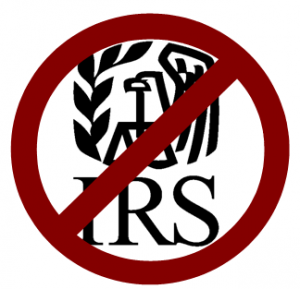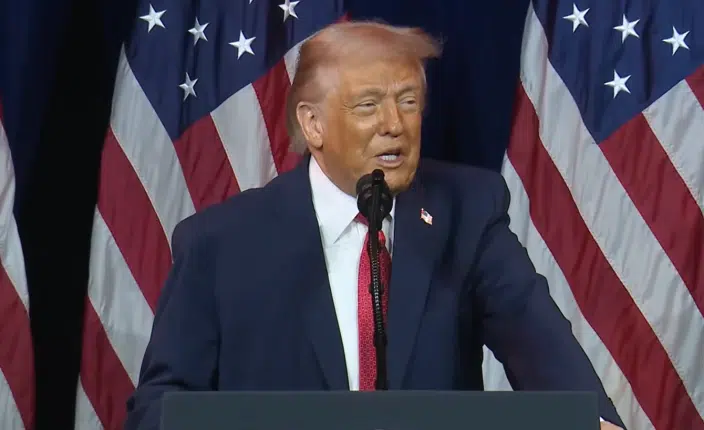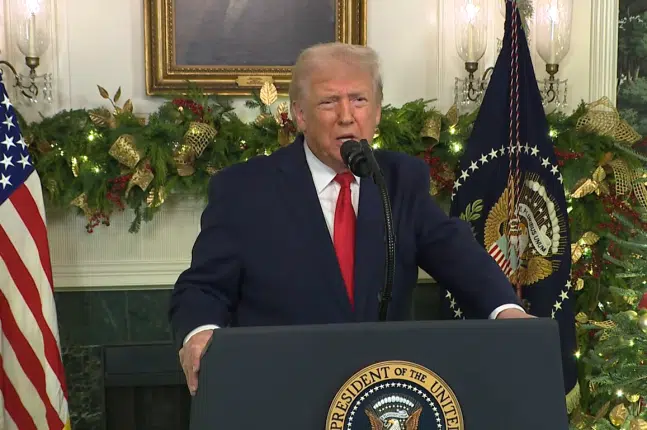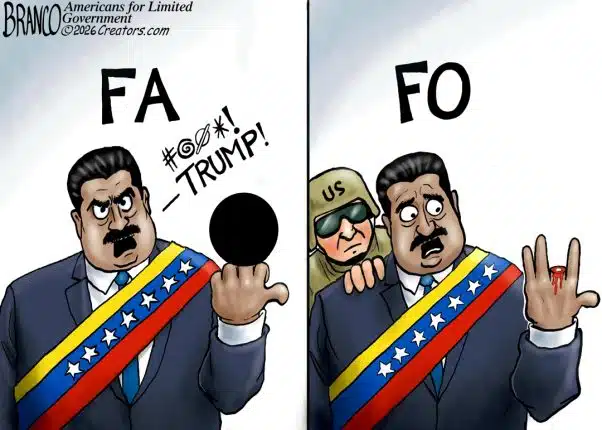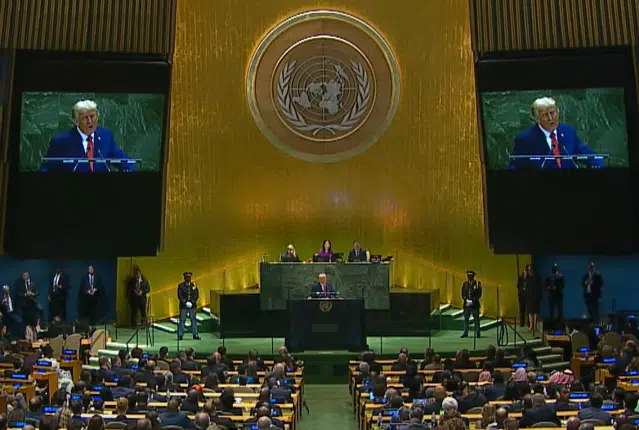“Political campaign intervention in 501(c)(4)s was not something we have previously dealt with very much.”
That is how Holly Paz, in 2010 the manager of the Internal Revenue Service’s (IRS) Exempt Organizations technical office, based in Washington, D.C., described to congressional investigators her office’s lack of experience dealing with political cases for 501(c)(4) tax-exempt organizations.
501(c)(4)s are the groups that are at the heart of the IRS scandal targeting tea party and other organizations applying for tax-exempt status for additional scrutiny because they purportedly indicated they would engage in political activity.
Regulations allow 501(c)(4)s to engage in political activity — i.e. electioneering for or against candidates for public office — so long as it does not constitute a majority of their activities.
But the tea party targeting is just one part of the overall scandal.
According to the Treasury Inspector General report, in addition to 96 “tea party,” “9/12,” and “patriots” groups, there were 202 other organizations that were also subjected to special scrutiny — apparently simply because they indicated they might act politically, too.
But why did the agency suddenly decide to start scrutinizing 501(c)(4)s in the first place? Based on all the facts, persecuting organizations because they might lawfully exercise their First Amendment rights was an egregious case of viewpoint discrimination.
Paz stated that the trouble started in Feb. 2010 when “a case was identified where there was potential for political campaign activity, and that was when they reached out to Washington and the case was transferred to Washington.”
Paz’s explanation does seemingly match the criteria used in 2010 agency revenue procedures for identifying special cases: “EO Determinations will refer to EO Technical those applications that present issues which are not specifically covered by statute or regulations, or by a ruling, opinion, or court decision published in the Internal Revenue Bulletin.”
Then, if the Washington, D.C.-based technical office agrees, it can create “centralized control of designated categories of cases.”
But there’s a caveat. As Paz acknowledged, “501(c)(4) organizations can engage in some amount of political campaign intervention.” It begs the question. Since groups with this tax status are legally allowed to act politically by statute and regulation, then why would their applications have been held up at all?
In short, why didn’t Paz’s Washington, D.C.-based office advise the determinations office in Cincinnati of the law, and simply move on?
When Paz received the Feb. 2010 application, she forwarded it to agency tax specialist and attorney Carter Hull, who developed many of the invasive follow-up questions that attempted to probe just how political groups intended to be. Hull is now retiring.
Did Hull singularly come up with the idea of centralizing the (c)(4) cases all on his own? Did he receive guidance from a higher-up? If not, then why did he do it?
A prime suspect might be the Citizens United v. FEC Supreme Court ruling — which allowed non-profit organizations to make independent expenditures in favor or against candidates for elected office.
Within days of the ruling, President Barack Obama was trashing the Supreme Court in his State of the Union Address, saying “last week the Supreme Court reversed a century of law that I believe will open the floodgates for special interests — including foreign corporations — to spend without limit in our elections.”
And within a month, groups were being targeted by the IRS for engaging in political activities.
Hull, an attorney, would have been well aware of the implications of the Supreme Court ruling. Did he receive legal or other agency guidance that political cases needed to be targeted in light of the Citizens United ruling? Did he issue any such guidance?
Because, in light of the ruling — which allowed Citizens United, a 501(c)(4) organization, to engage in electioneering — the agency’s decision to shut down 501(c)(4) political speech and independent expenditures was inexplicable.
Unless it was an explicit attempt to defy the Supreme Court’s ruling.
Which would mean the scandal was in fact politically motivated. The question then becomes for investigators whether Hull acted alone. Was he responding to the Citizens United ruling? And how high does this all really go?
Robert Romano is the Senior Editor of Americans for Limited Government


